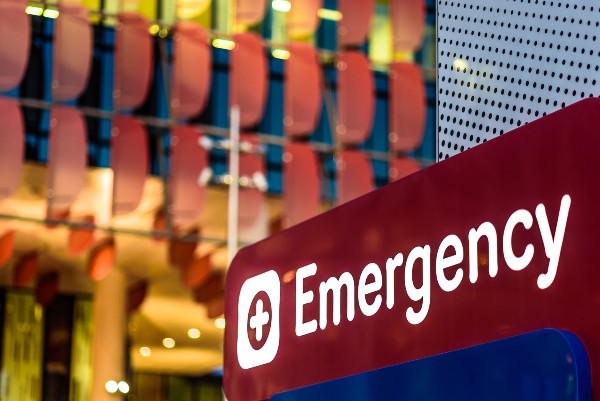When you should see a GP
In Australia, a doctor who is qualified in general medical practice is called General Practitioner (GP). A GP should be your first point of contact for any non-emergency and general health problems.
A GP can help you by diagnosing and treating pain, diseases and other health issues. They can also help with mental health support, vaccines, referrals for tests or scans, managing and treating wounds, prescribe medication if required, as well as referring you to specialist doctors, who are doctors who have completed advanced training in a specific area of medicine. Some GPs also have areas of special health interests, such as women’s health, mental health, sexual health or dermatology.
You can also search for your nearest GP via the Australian government’s ‘Find a Health Service’ tool.
Alternatively, if you hold OSHC (Overseas Student Health Cover) with Medibank or ahm OSHC, you can visit one of our Direct Billing Clinics or have one of our out of hours partners visit your home1.
- Medibank OSHC members can find an OSHC Direct Billing clinic here.
- ahm OSHC members can find an OSHC Direct Billing clinic here.
Online Doctor
With Online Doctor, you can have an online consultation 24/7 with a qualified medical doctor through the OSHC app with no out of pocket costs.2
- Direct access 24/7 via the Medibank OSHC App
- See a doctor for prescriptions, medical certificates, referrals, imaging and pathology.
- No out of pocket costs.
- Audio & video consultation billed directly to Medibank
How does Medibank help with your GP visit?
If you have Medibank Overseas Health Cover, we’ll contribute to the cost of GP visits if out-of-hospital medical is included in your cover. Check your cover summary to see if your cover includes GP visits.
The Australian government sets a fee (known as the Medicare Benefits Schedule fee, or MBS fee) for GP visits. As long as it’s included in your cover, Medibank will pay at least 100% of the MBS Fee for GP visits. Most of the time you’ll have to pay the GP’s fee first, then claim the benefit back from us afterwards. If your GP charges more than the MBS fee, the amount you get back from us may be less than the amount you paid and you'll have to pay any difference. This difference is called an out-of-pocket cost.
24/7 Student Health and Support Line
Need support? For Medibank OSHC members you can call 1800 887 283 and for ahm OSHC members you can call 1800 006 745 at any time to access a range of support services such as medical assistance from a registered nurse, stress and trauma counselling, emergency legal advice, access interpreter services in around 160 languages and more.
When you should call 000 for an ambulance
You should call 000 and ask for an ambulance if you, or someone nearby, are seriously injured or in need of urgent medical attention. If you’re not sure whether you or someone nearby is experiencing something that could be life-threatening, it is always best to call 000. You will be asked by the operator which service you require, and you can tell the operator that you need an ambulance and medical assistance.
If you’re not confident speaking in English, you can ask the operator for an interpreter. Just be aware this might add extra time.
Some examples of when you should call for an ambulance can include:
- Severe asthma attack or trouble breathing
- Heart attack
- Severe burn
- Uncontrolled bleeding
- Sudden collapse
- A fall from a great height
- Sudden onset of weakness or paralysis in the face, arm or leg.

When you should visit a hospital's emergency department (ED)
If you are seriously injured or in need of urgent medical attention, go to a hospital Emergency Department.
Some examples of needing to attend a hospital Emergency Department can include:
- A major injury
- An accident such as a broken bone
- A heart attack / chest pain
- Problems with breathing or bleeding not stopping
- Severe pain
- Loss of consciousness
- Drug overdoses or poisoning
It is important to note that turning up in an ambulance does not always mean you get treated sooner. The urgency and severity of your symptoms as assessed by the nursing and medical staff at the hospital will determine how quickly you will be seen. Sometimes you may have to wait a while if they do not consider you to require urgent medical attention.
What is Ambulance cover?
Medibank Overseas Health Covers will pay towards the costs of unlimited emergency ambulance services Australia-wide. This includes transportation to a hospital where immediate professional attention is required, and your medical condition is such that you couldn’t be transported any other way.
For more information on ambulance services contact us.

